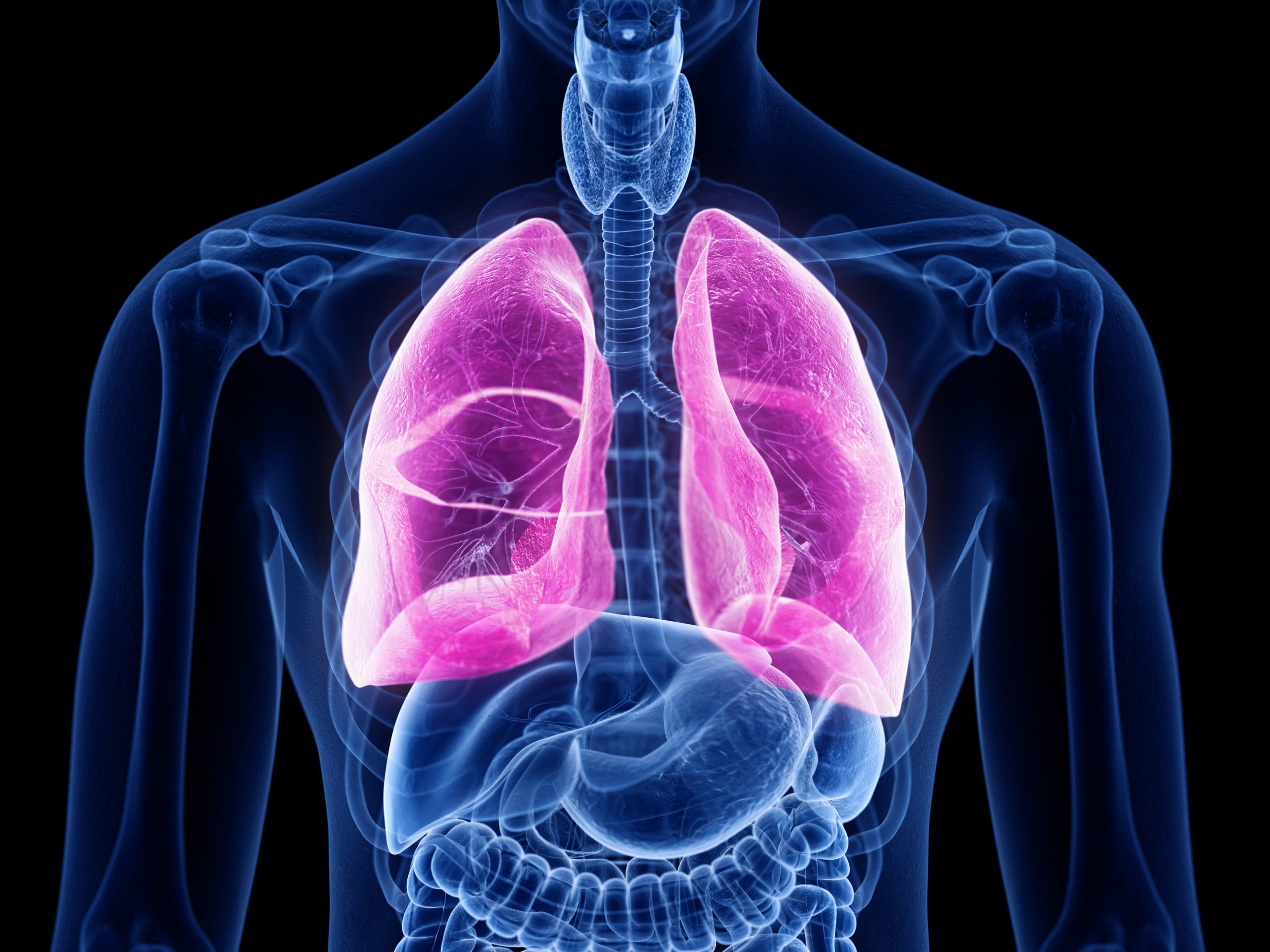Our respiratory system plays a vital role in sustaining life, providing oxygen to our bodies and eliminating waste gases. Pulmonary diseases, which affect the lungs and respiratory system, can significantly impact our well-being. However, adopting a healthy lifestyle can be a powerful tool for both preventing and managing pulmonary diseases. In this article, we will explore essential tips for maintaining lung health and reducing the risk of pulmonary diseases.
Say No to Smoking and Avoid Secondhand Smoke: Tobacco smoke is one of the leading causes of pulmonary diseases, including chronic obstructive pulmonary disease (COPD) and lung cancer. If you smoke, quitting is the single most effective step you can take to protect your lung health. Additionally, avoid exposure to secondhand smoke, as it can be equally harmful. Encourage family members and friends to quit smoking or establish smoke-free environments.
Maintain a Healthy Diet: A balanced diet rich in nutrients is essential for overall health, including lung health. Incorporate the following dietary guidelines into your daily life:
- Antioxidant-Rich Foods: Consume fruits and vegetables that are high in antioxidants, such as berries, citrus fruits, and leafy greens. Antioxidants help protect lung tissues from damage.
- Omega-3 Fatty Acids: Include foods like fatty fish (salmon, mackerel, sardines) and flaxseeds, which are rich in omega-3 fatty acids. These can help reduce inflammation in the airways.
- Vitamin D: Adequate vitamin D intake may help reduce the risk of respiratory infections. Consider incorporating foods like fortified dairy products, egg yolks, or getting some sunlight exposure (with sunscreen) to boost vitamin D levels.
- Stay Hydrated: Drink plenty of water to keep your respiratory mucous membranes moist, facilitating easier breathing.
 Exercise Regularly: Physical activity is crucial for lung health. Regular exercise can improve lung function and overall cardiovascular health. Aim for at least 150 minutes of moderate-intensity aerobic activity or 75 minutes of vigorous-intensity aerobic activity per week. Activities like brisk walking, swimming, and cycling can help improve lung capacity and efficiency.
Exercise Regularly: Physical activity is crucial for lung health. Regular exercise can improve lung function and overall cardiovascular health. Aim for at least 150 minutes of moderate-intensity aerobic activity or 75 minutes of vigorous-intensity aerobic activity per week. Activities like brisk walking, swimming, and cycling can help improve lung capacity and efficiency.
Practice Deep Breathing Exercises: Deep breathing exercises can enhance lung function and strengthen respiratory muscles. Try incorporating diaphragmatic breathing into your routine. To do this, sit or lie down and place one hand on your chest and the other on your abdomen. Inhale deeply through your nose, expanding your abdomen while keeping your chest still. Exhale slowly through pursed lips. Repeat this exercise regularly to improve your breathing efficiency.
Maintain Proper Posture: Proper posture promotes optimal lung function. Sit and stand up straight to allow your lungs to fully expand. Slouching compresses the lungs and reduces their capacity. If you work at a desk, consider ergonomically designed chairs and regular breaks to stretch and breathe deeply.
Protect Your Lungs from Environmental Hazards: Environmental factors can pose risks to lung health. To protect your lungs:
- Air Quality: Be aware of air quality alerts and avoid outdoor activities on days with high pollution levels. Use air purifiers indoors if needed.
- Allergens: Minimize exposure to indoor allergens like dust mites, pet dander, and mold by keeping your home clean and well-ventilated.
- Occupational Hazards: If your job involves exposure to harmful substances, follow safety protocols, use protective gear, and ensure proper ventilation.
Stay Hygienic: Practicing good hygiene is essential for preventing respiratory infections, such as the common cold or flu. Wash your hands regularly with soap and water, especially before eating or touching your face. Cover your mouth and nose when coughing or sneezing, preferably with a tissue or your elbow, to prevent the spread of germs.
Get Vaccinated: Vaccinations can provide protection against certain respiratory infections. Consider getting vaccinated for influenza and pneumonia, particularly if you are in a high-risk group or have underlying health conditions.
Manage Stress: Chronic stress can affect your lung health by leading to shallow breathing patterns and increased muscle tension. Practice stress management techniques such as meditation, deep breathing, yoga, or mindfulness to reduce stress levels and promote relaxation.
Avoid Harmful Substances: In addition to quitting smoking, be mindful of other harmful substances that can affect lung health:
- Alcohol: Limit alcohol consumption, as excessive drinking can weaken the immune system and increase the risk of respiratory infections.
- Toxins: Avoid exposure to environmental toxins and pollutants, such as asbestos, chemical fumes, and indoor air pollutants.
Regular Health Check-ups: Routine health check-ups are essential for monitoring your lung health. If you have a family history of pulmonary diseases or other risk factors, such as a history of smoking, discuss with your healthcare provider about the appropriate screenings and assessments.
Follow Your Treatment Plan: If you have been diagnosed with a pulmonary disease, such as asthma or COPD, it’s crucial to follow your prescribed treatment plan consistently. This includes taking medications as directed, using inhalers correctly, and attending regular follow-up appointments with your healthcare provider.
A healthy lifestyle can play a significant role in preventing and managing pulmonary diseases. By incorporating these tips into your daily routine, you can protect your lung health, reduce the risk of respiratory conditions, and enjoy a higher quality of life. Remember that maintaining lung health is a lifelong commitment, and making positive choices today can have a lasting impact on your well-being.



 Pulmonary diseases can have multiple causes, including:
Pulmonary diseases can have multiple causes, including: Exercise Regularly: Physical activity is crucial for lung health. Regular exercise can improve lung function and overall cardiovascular health. Aim for at least 150 minutes of moderate-intensity aerobic activity or 75 minutes of vigorous-intensity aerobic activity per week. Activities like brisk walking, swimming, and cycling can help improve lung capacity and efficiency.
Exercise Regularly: Physical activity is crucial for lung health. Regular exercise can improve lung function and overall cardiovascular health. Aim for at least 150 minutes of moderate-intensity aerobic activity or 75 minutes of vigorous-intensity aerobic activity per week. Activities like brisk walking, swimming, and cycling can help improve lung capacity and efficiency.
